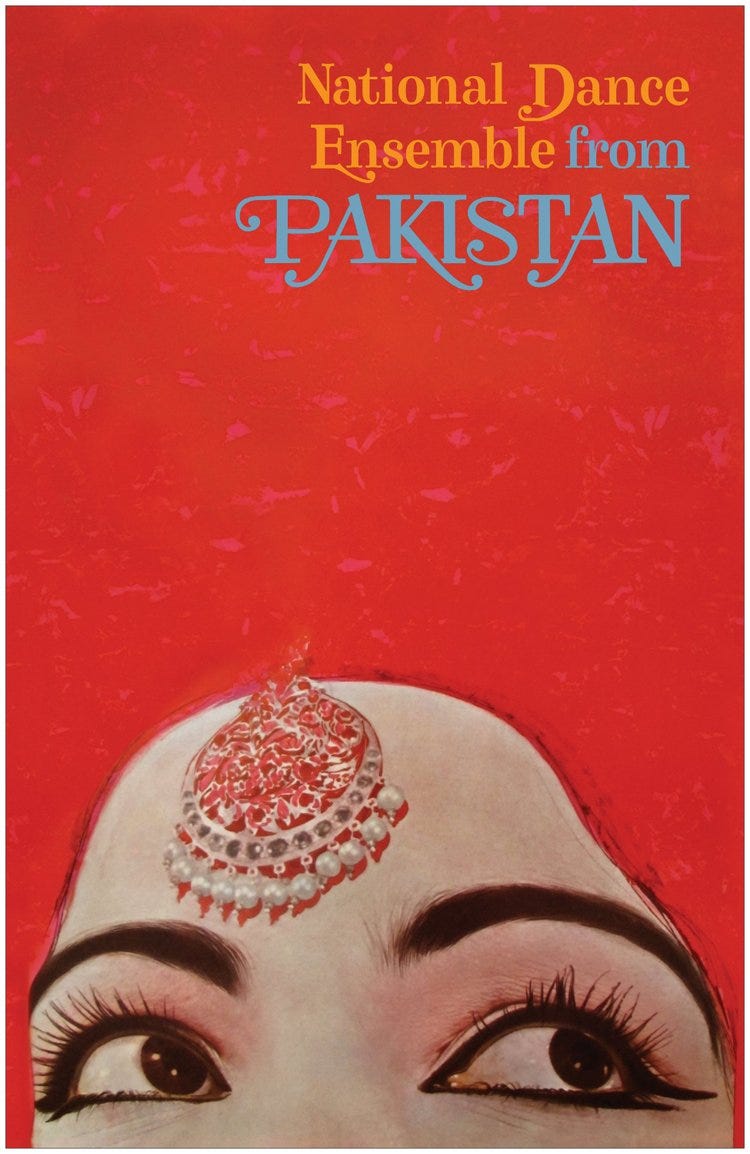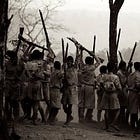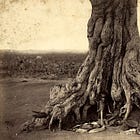Welcome to the Brown History Newsletter. If you’re enjoying this labor of love, please do consider becoming a paid subscriber. Your contribution would help pay the writers and illustrators and support this weekly publication. If you like to submit a writing piece, please send me a pitch by email at brownhistory1947@gmail.com.
Don’t forget to check out our SHOP and our Podcast.

To Boycott Coke Studio or Not?
How Coca-Cola co-opted the role of ‘pacifier’ and its fading façade in the subcontinent.
Whilst a widescale genocide happens before our very eyes on screen; many activists and Palestinian civilians are urging the general public to follow the simplest course of action: Refrain. While many other campaigns focus on donations and active political support (both of which are equally as necessary) – the major method lies on the dependence of individuals to refrain from contributing any purchasing power to international conglomerates and companies that have a deadly hand in funding the Palestinian genocide. Yet, the most effortless solution that requires doing nothing ironically remains the most difficult as even pro-Palestinian individuals find themselves in the crossfire of indirectly supporting brands and companies they knowingly despise.
Obviously, then, the prospect of boycotting is much more complex than it initially seems. From questioning the validity or effectiveness of boycott campaigns (which have been proven effective i.e. Starbucks), to highlighting the lack of and accessibility to local alternatives available in the market; many activists have drawn numerous debates surrounding the BDS (Boycott, Divestment, Sanctions) movement. However, an aspect that is perhaps the most overlooked, is the expansive nature of the boycott. While boycotts have typically been used in association with physical goods and services; many underestimate the expansive scope of major corporations that trickle down into our daily lives in ways we unknowingly enjoy: music. So, this begs the question: if large companies in South Asia are swapping out bottles of Coca-Cola in weddings, grocery stores, and restaurants for Gourmet Cola and Salaam Cola – does it make any difference if a Coke Studio hit like Pasoori is belting in the background? If the bubbly black drink is a villain in Palestine's quest for autonomy, why aren’t South Asians boycotting Coke Studio?







